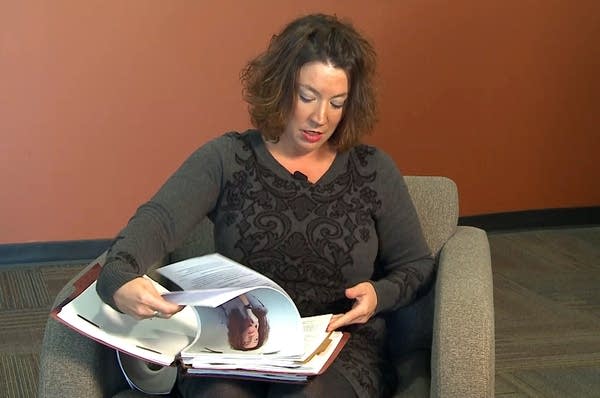Ex-offenders hope new law offers a new start

Sherry Niesen, 37, a divorced mother of two, is a registered nurse with a degree in social work. She pleaded guilty to fifth-degree gross misdemeanor assault in 2010, in connection with her divorce. Here, she shows the paperwork from her unsuccessful job hunts.
Courtesy KARE11 News
Go Deeper.
Create an account or log in to save stories.
Like this?
Thanks for liking this story! We have added it to a list of your favorite stories.


